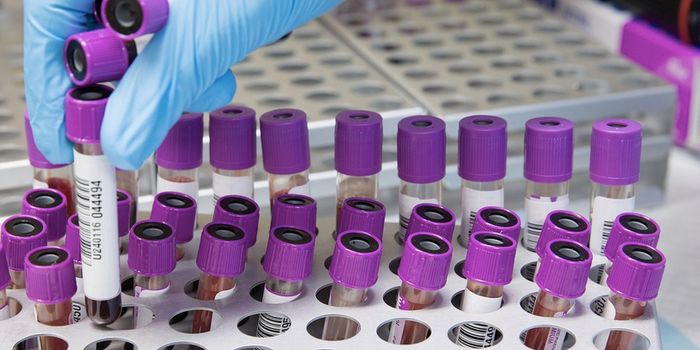What Happens When Your Immune System Forgets
One of the most remarkable features of the immune system is its ability to “remember” past encounters with pathogens like viruses, bacteria, and parasites. This phenomenon, known as immunological memory, is controlled by two main immune cell types: memory T and B cells.
After bouncing back from an infection, the immune memory adds the pathogen to its database, priming it to react rapidly if the same infectious agent invades again. Antigen-specific T cells hang around for years after an infection, waiting in the wings to explode in numbers upon reexposure. Additionally, B cells, factories that churn out pathogen-killing antibodies, also help shield against subsequent infections. Upon sensing a familiar pathogen, B cells will metamorphose into plasma cells, secreting antibodies that bind to the invader with exquisite specificity.
Immune memory is the very reason vaccines work, a process that has been exploited routinely in vaccination programs across a spectrum of disease-causing agents for over 200 years. Administering a small, innocuous fragment of the pathogen generates immune memory without the patient having to experience a full-blown infection.
The problem is that immune memory can taper off over time. In general, it’s believed that this fade-out happens because not all long-term memory T cells live long enough to confer life-long protection. However, the precise cellular mechanisms underlying immune memory fade still elude scientists, mostly because these processes are difficult to explore experimentally.
What we do know is that if we are exposed to a pathogen in childhood or adolescence, we generate robust and long-lasting immunity against it, especially if we are exposed to it several times. However, this process is not quite as effective if we encounter the pathogen as an adult.
Immune memory is currently in the spotlight in the context of COVID infections, particularly as so little is known about how natural infections and vaccines impart long-lived immunity. From the data we have, it’s unlikely that the answer will be a straightforward one. For instance, after COVID infection, antibodies decay more quickly in men than women. In terms of vaccinations, many of the treatments given emergency-use-authorization use delivery methods such as mRNA nanoparticles and viral vectors, relatively new modalities.
Though initial studies demonstrate that these are effective in providing individuals with rapid protection against the coronavirus, how well they activate memory T and B cells and how long this protection lasts remains to be seen.









